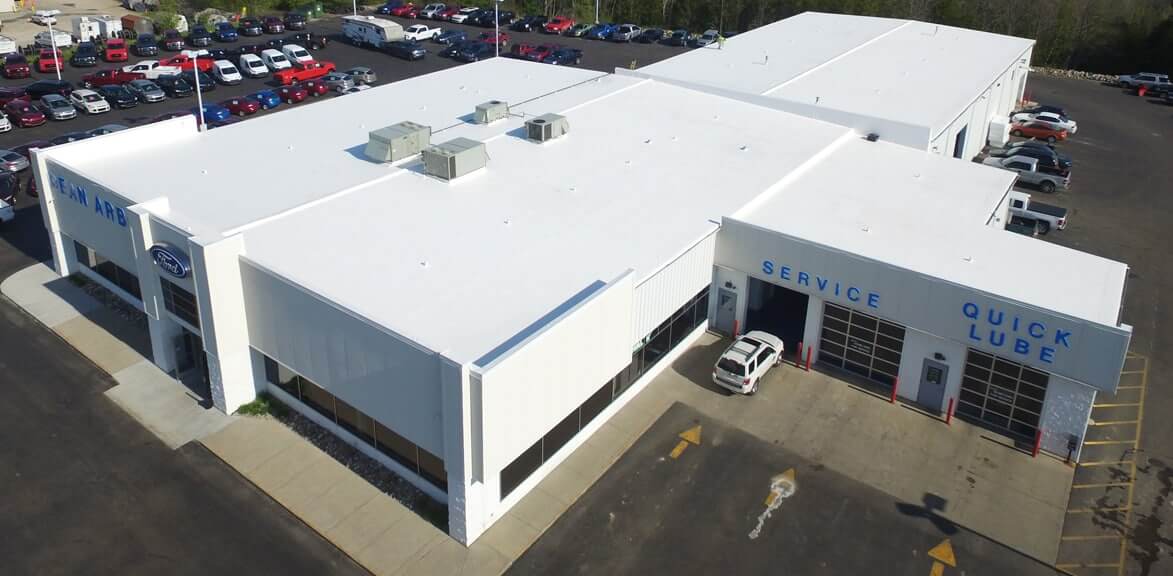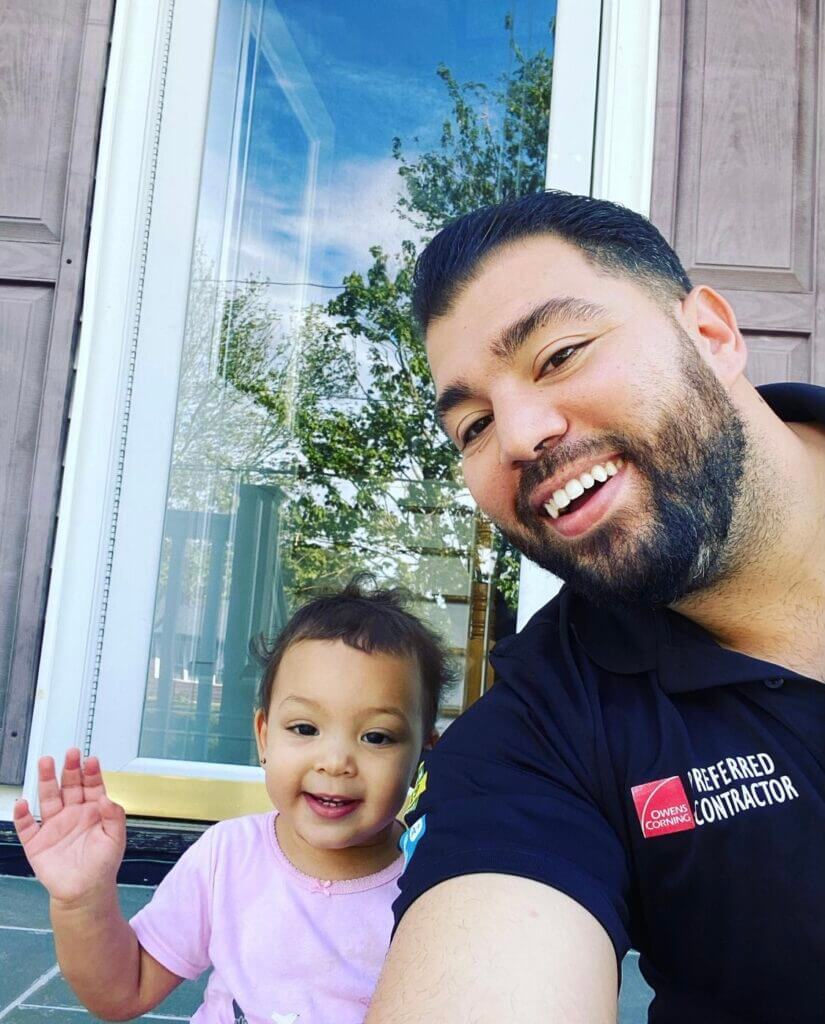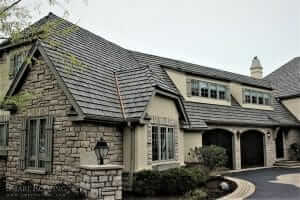Commercial Roof Shapes
Commercial roofing generally falls under two categories – low slope roofs and steep slope roofs. The type your business requires is dependent on a variety of factors unique to your particular business’s needs. It’s recommended to carefully consider the type of facility you operate, and the products and services you offer, in order to select the appropriate roofing system. An expert roofing company like Rapid Restore can help you narrow down exactly which type of commercial roof you need.
- Low Slope Roofs: Commonplace amongst warehouses, malls and shopping centers, the roofing systems recommended for low sloping roofs are generally either PVC (Polyvinyl Chloride, or in layman’s terms, plastic), TPO (Thermoplastic Polyolefin) or EPDM (Ethylene Propylene Diene Monomer, synthetic rubber).
- Steep Slope Roofs: Usually found on single or multi-story residential homes, the commercial properties that employ steep slope roofing systems are recommended to utilize conventional metal, asphalt, tile or slate roofing materials.
For a complimentary inspection call us or request a free estimate.
CLICK NUMBER TO CALL
Flat Commercial Roofing Types
Although you may not be able to control whether your property should require a flat, low-slope or steep slope roof, you can choose the type of roofing system that would be the most beneficial to the operations of your specific business within these categories.
- Single Ply Roofing: A roofing system that uses PVC, TPO or EPDM installed in a single layer, Single Ply Roofing is resistant to peeling and cracking. Flexible and robust, this roofing type’s low installation requirements make it a preferred option among property owners.
- PVC (Polyvinyl Chloride): Comprised of two layers of PVC with polyester reinforcement scrim in-between and additives in the top ply to increase UV-resistance, PVC benefits include an easy installation process, superior longevity, durability and fire resistance. This roofing type can also be welded to be watertight.
- Modified Bitumen Roofing Systems: A combination of asphalt and a unique chemical polymer for increased flexibility and resistance to both heat and cold, this roofing type can be applied in multiple layers all year round. Modified bitumen can withstand extreme weather conditions such as high winds, hailstorms and heavy snowfalls.
- TPO (Thermoplastic Polyolefin): A single-ply membrane composed of polypropylene and ethylene-propylene rubber that is then polymerized, this roofing type is used for low slope roofing systems. TPO are reinforced roof sheets that are heat welded and highly reflective to UV, available in a variety of colors.
- EPDM Roofing (Ethylene Propylene Diene Monomer): Synthetic rubber made of natural gas and oil, EPDM is especially resistant to UV rays and renowned for its elasticity and durability.
- BUR (Built-Up Roofing Systems): BUR for short, Built-Up Roofing Systems are some of the oldest roofing systems available. BUR are applied in 3-5 layers in order to protect against inclement weather all year round.
- Liquid Applied Roofing: Installed with a combination of resin plus reinforcing polymer, and either sprayed on or roller applied with two coats, Liquid Applied Roofing is easily installed. As a result, businesses don’t need to close during the installation of this roofing type.
- Photovoltaic (PV) Solar Panels: PV Solar Panels neatly convert UV to usable energy. Cost effective, energy-efficient and environmentally friendly, photovoltaic solar panels are becoming increasingly popular for businesses across the United States.
- Roof Coating Systems: A fluid applied membrane which is commonly acrylic or silicone, Roof Coating Systems are suited for metal roofs as they serve to extend their lifespan, prevent leaks and reduce energy consumption.
- Green Roofs: Blooming with flora and vegetation, Green Roofs are energy-efficient, environmentally friendly and beautiful to look at. Only suitable for specific businesses, Green Roofs brighten up your decor and improve air quality.

Selecting a Commercial Roof Type
Certain commercial roofing systems will naturally be preferable to others depending on your building and planned services, as the various types differ in their durability, longevity, overall utility and energy consumption. It’s best to consult a roofing services professional to best diagnose your needs and recommend appropriate solutions.





